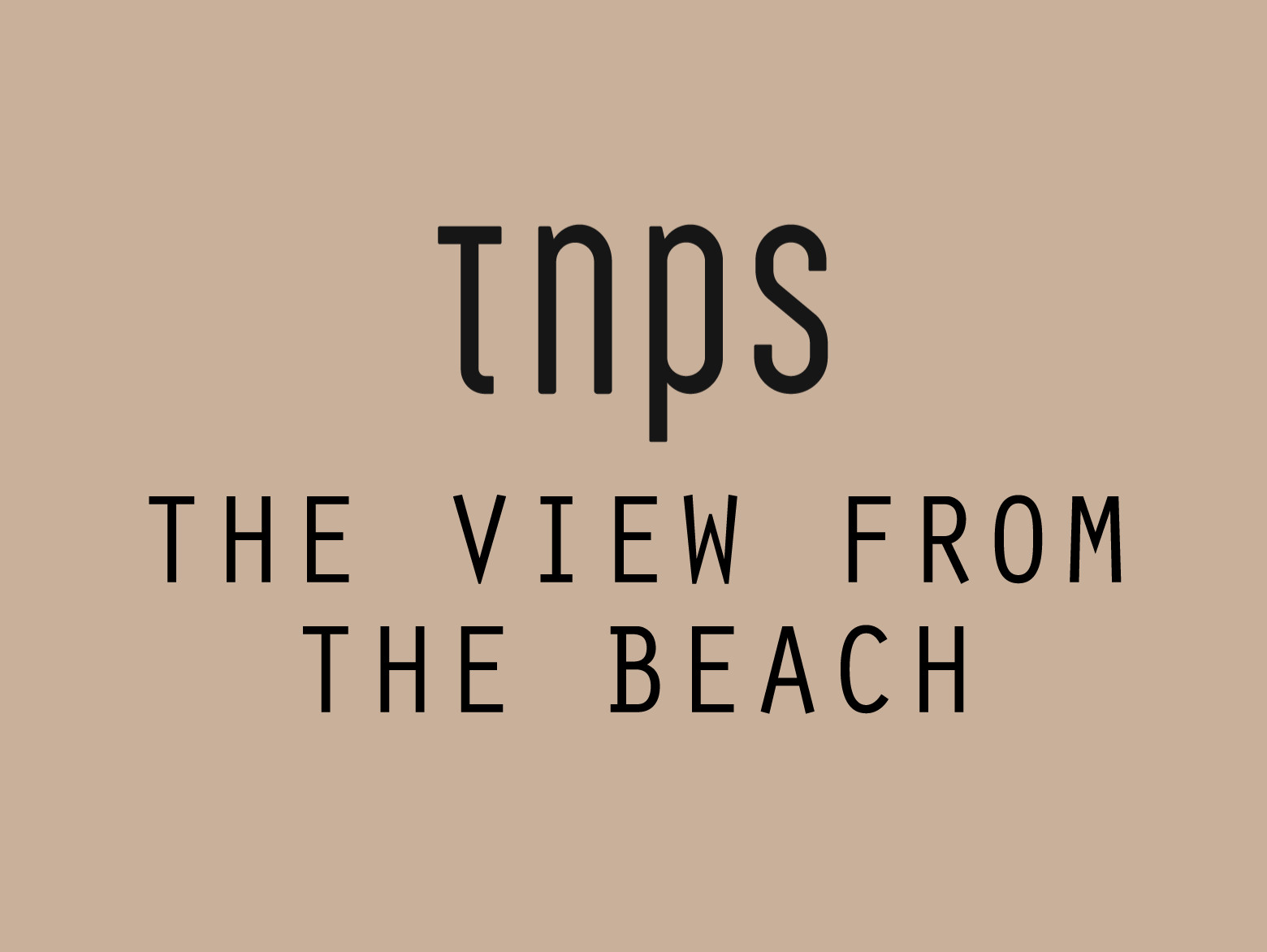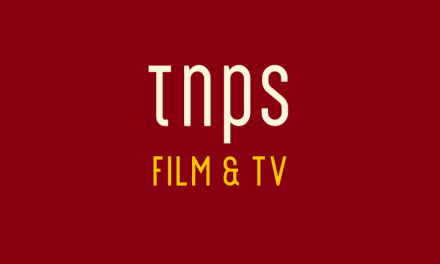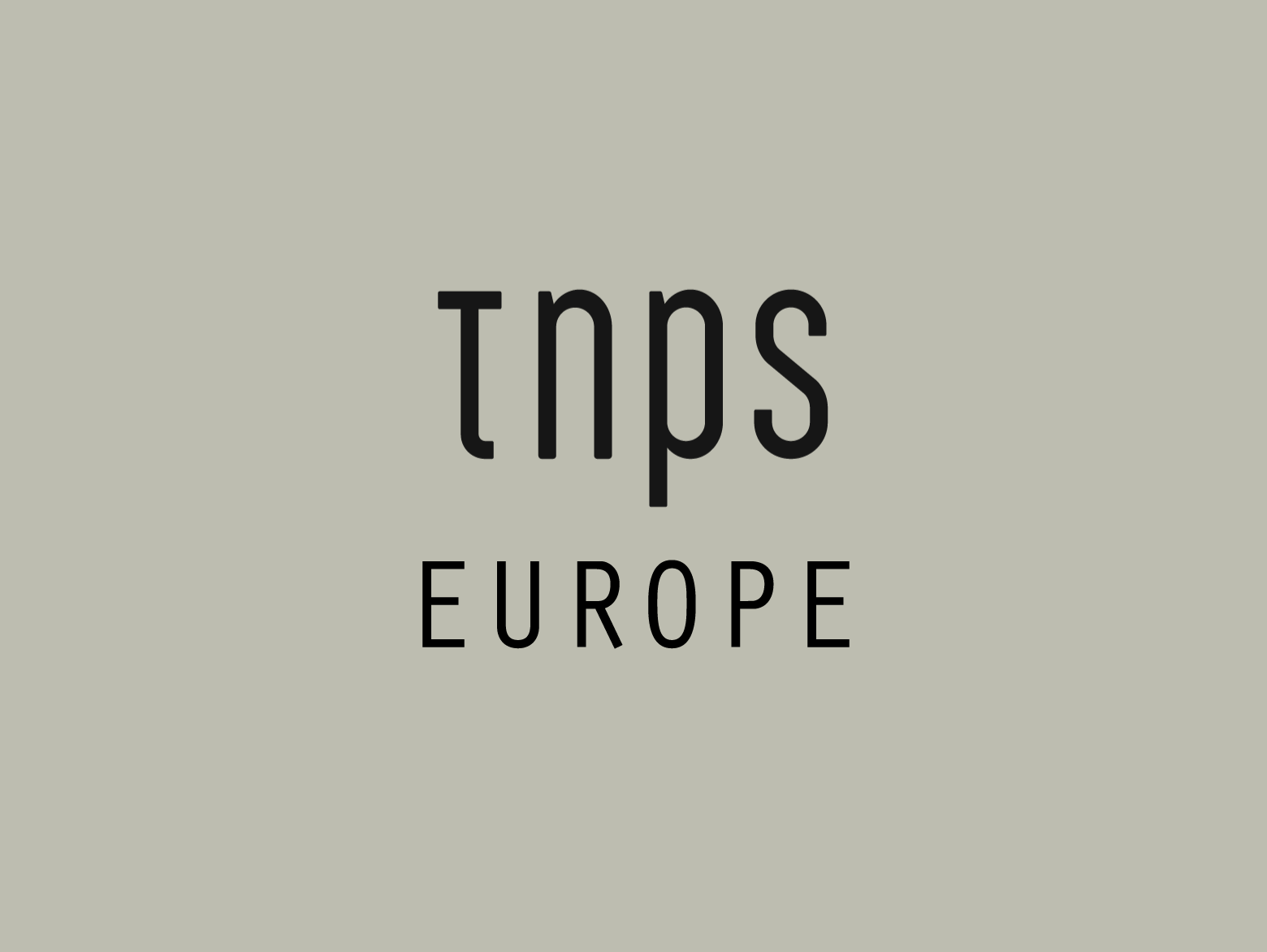“Jessica Jones, Punisher Canceled as Netflix Completes Marvel Purge” runs the headline in The Hollywood Reporter, but it’s not so much a purge as the inevitable consequence of the direction video streaming is taking. And publishing is not so far behind.
Original content is of course a great draw for consumers, to a degree. But at what point does it become the consumers’ loss?
We see it happening increasingly in the video streaming market, and nowhere more so than with the Marvel mess, where Disney has decided to pull all its Marvel content into its own subscription service, Disney+, leaving Netflix with some limited content rights it has not chosen not to exercise.
Consumers signed up to Netflix face not seeing Marvel content unless they can also afford Disney+, and of course repeat for all the other exclusive original content being siloed in one or other streaming service.
In publishing it’s been happening more slowly, thanks to the biggest subscription service, Kindle Unlimited, simultaneously being largely boycotted by the mainstream publishers and demanding exclusivity from the self-publishing sector.
But we see the same consumer divide shaping up in audio, where Audible and Storytel, the two global leaders, are investing heavily in original content that will be platform exclusive.
The only winners will be the delivery platforms themselves.
Content suppliers may gain short-term remuneration bonuses, but they will pay the price down the road in not reaching new audiences.
As for consumers… Sports fans have long since been held hostage to broadcasters’ and streamers’ fights for market share, and a wider video audience is now feeling the heat.
We can be thankful that print, a format less susceptible to siloing than digital books, is holding its own, at least for now.





